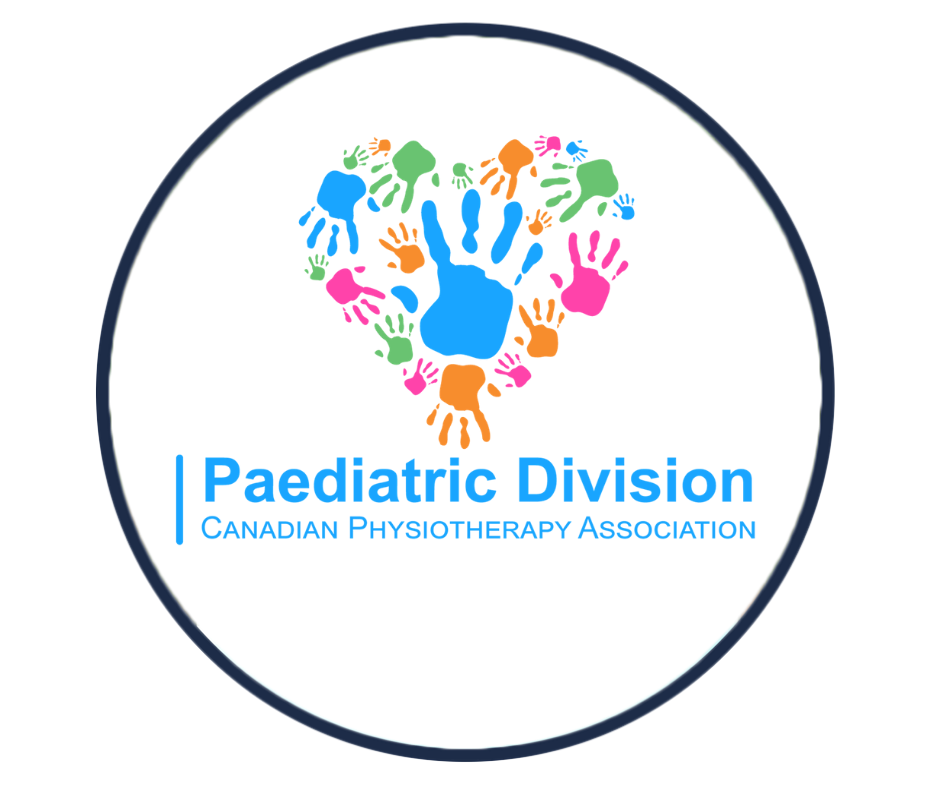Introduction to E-Stim in Paediatrics

Introduction to E-Stim in Paediatrics
This course includes
The instructors
Overview
Electrical stimulation is gaining attention in pediatrics for its benefits in treating various conditions by stimulating nerves and muscles. It helps improve muscle strength, reduce spasticity, and enhance motor skills in neuromuscular disorders, aids pain relief and accelerates healing in orthopedic conditions, and promotes faster recovery post-surgery. Benefits to children include non-invasive treatment, pain management, improved mobility and strength, and enhanced neuroplasticity.
For families, electrical stimulation reduces caregiving burden, is cost-effective, allows home use, and offers emotional benefits. Challenges include accessibility, cost, and the need for proper training and individualized approaches.
Overall, electrical stimulation shows promise in improving pediatric therapy and family quality of life, with ongoing advancements enhancing its efficacy and accessibility.
Although electrical stimulation is commonly covered in degree programs focusing on adult populations, its application in pediatrics involves unique considerations and approaches.
Children's anatomical, physiological, and developmental differences necessitate tailored protocols to ensure safety and effectiveness. For instance, the intensity, duration, and frequency of electrical stimulation might need adjustment based on a child's size and developmental stage. Additionally, the goals of therapy often differ, focusing more on functional development, growth, and play. Therefore, physiotherapists must be well-informed and confident in adapting these techniques for children. This requires specialized training and a deep understanding of pediatric conditions, developmental milestones, and the specific needs of children to effectively integrate electrical stimulation into their therapeutic practices.
Presenter: Dr. Kristin Musselman

Dr. Kristin Musselman is a physical therapist, Assistant Professor in the Department of Physical Therapy at the University of Toronto, Scientist with the Neural Engineering and Therapeutics Team at KITE, Toronto Rehabilitation Institute – Lyndhurst Centre, and Canada Research Chair (Tier 2) in Multi-morbidity and Complex Rehabilitation. She completed a BSc (Life Sciences) and BScPT at Queen’s University, followed by a MSc (Neurosciences) and PhD (Rehabilitation Science) at the University of Alberta.
Dr. Musselman was a CIHR Post-doctoral Fellow at the Johns Hopkins School of Medicine and Kennedy Krieger Institute from 2010-2013. She is academic lead of the Canadian SCI Walking Measures Group and Chair of the Canadian ABT Community of Practice for the Praxis Spinal Cord Institute.
The instructors


The Paediatric Division is a special interest group within the Canadian Physiotherapy Association. Our membership consists of clinicians from all practice settings, students, educators, researchers, physiotherapy assistants and administrators all of whom have a passion for promoting participation and enhancing the lives of children and their families. We are dedicated to provide resources and information for paediatric patients and their families to promote participation and function independence in all aspects of life.
Paediatric physiotherapists employ clinical expertise in the early detection of health problems, treatment, education and management of congenital, developmental, neuromuscular, skeletal, cardiorespiratory or acquired disorders/diseases. Paediatric physiotherapists work with children of all ages, from infants through young adulthood to promote participation and functional independence. Paediatric physiotherapists have a unique role in that they not only work with the child, but also their families in the context of their daily home, school and recreational environment.
Paediatric physiotherapists use validated outcome measures to assess the level of strength, flexibility, gross-, and fine-motor coordination and overall functional capabilities to determine participation limitations or restrictions as a result of injury, disease or disability.
Through analysis of objective assessment findings, the paediatric physiotherapist uses evidence-based treatment interventions specifically tailored to the client and their family's goals. Treatment interventions focus on improving gross and fine motor skills, balance and coordination, strength and endurance, as well as cognitive and sensory processing/integration.
Material included in this course
-
Introduction to E-Stim in Paediatrics
-
Welcome!
-
What is Electrical Stimulation?
-
Why is Electrical Stimulation Used?
-
How to Apply Motor-Level Stimulation in Paediatrics
-
Summary
-
Questions
-
Feedback
I'm a member of the Canadian Physiotherapy Association (CPA). What are the discounts available to CPA Members on Embodia?
As part of our partnership with the CPA, we offer its members discounts on courses and Embodia Memberships. Learn more about the partnership on this page.
In order for the discount to be applied, you first need to authenticate your CPA membership. This is an important step as this is how Embodia 'knows' that you are a CPA member.
To authenticate as a CPA member, you need to sign in the CPA portal on this page, sign in to your CPA account, and then click the button on the page.
Please note that your email address on your CPA account must match your email address on Embodia. If needed, you can update your information on Embodia as outlined in this guide.

Is a certificate of completion included with this course?
Once you have completed the course, a certificate of completion (including learning hours and course information) will be generated. You can download this certificate at any time. To learn more about course certificates on Embodia please visit this guide.
This can be used for continuing education credits, depending on your professional college or association. If this course has been approved for CEUs in specific jurisdictions, it will be noted on the course page and CEU information may be added to your course certificate. Please read this guide for more information.